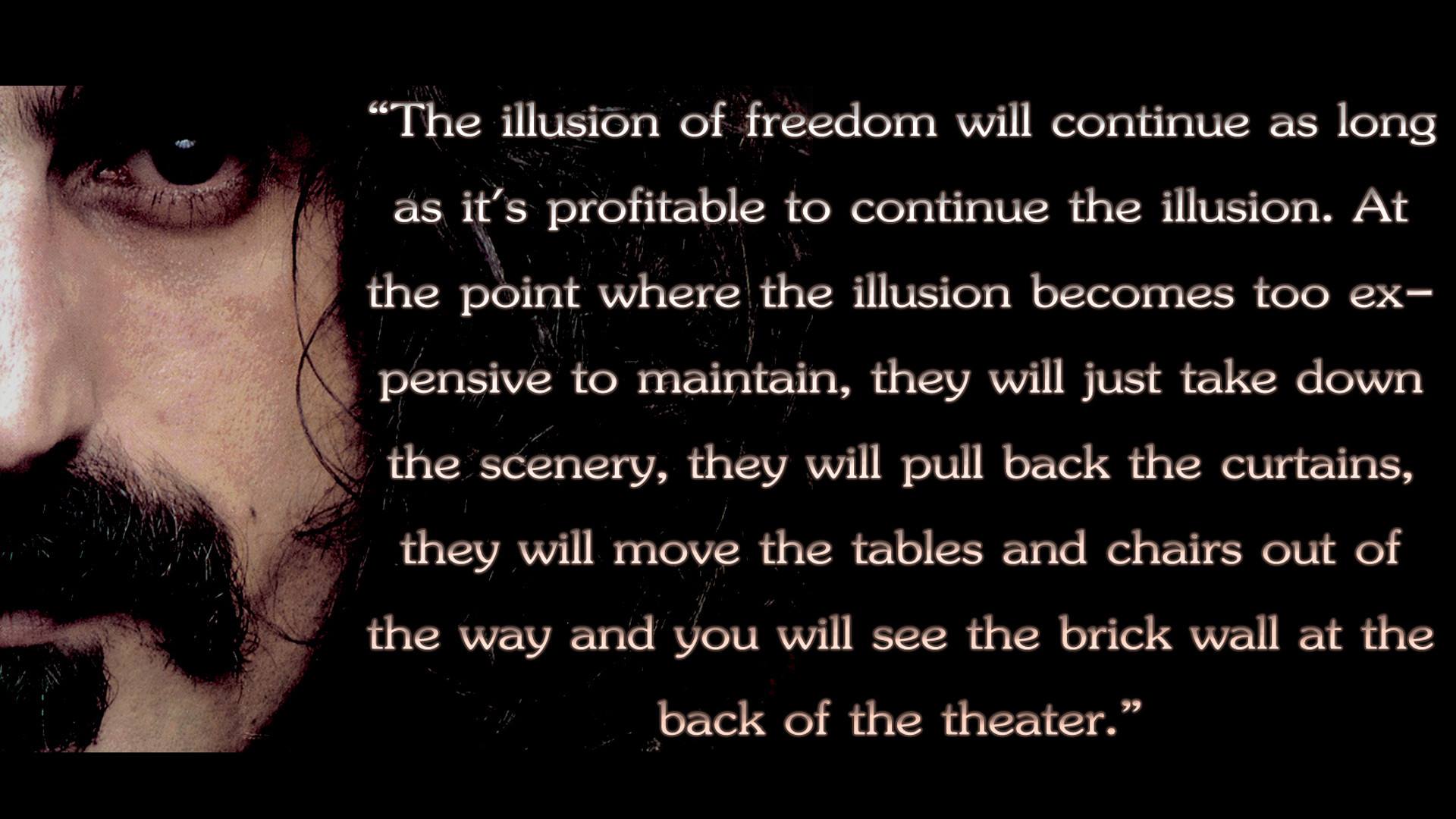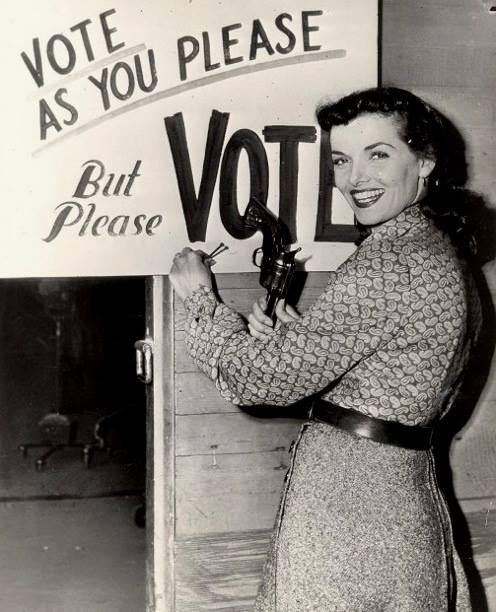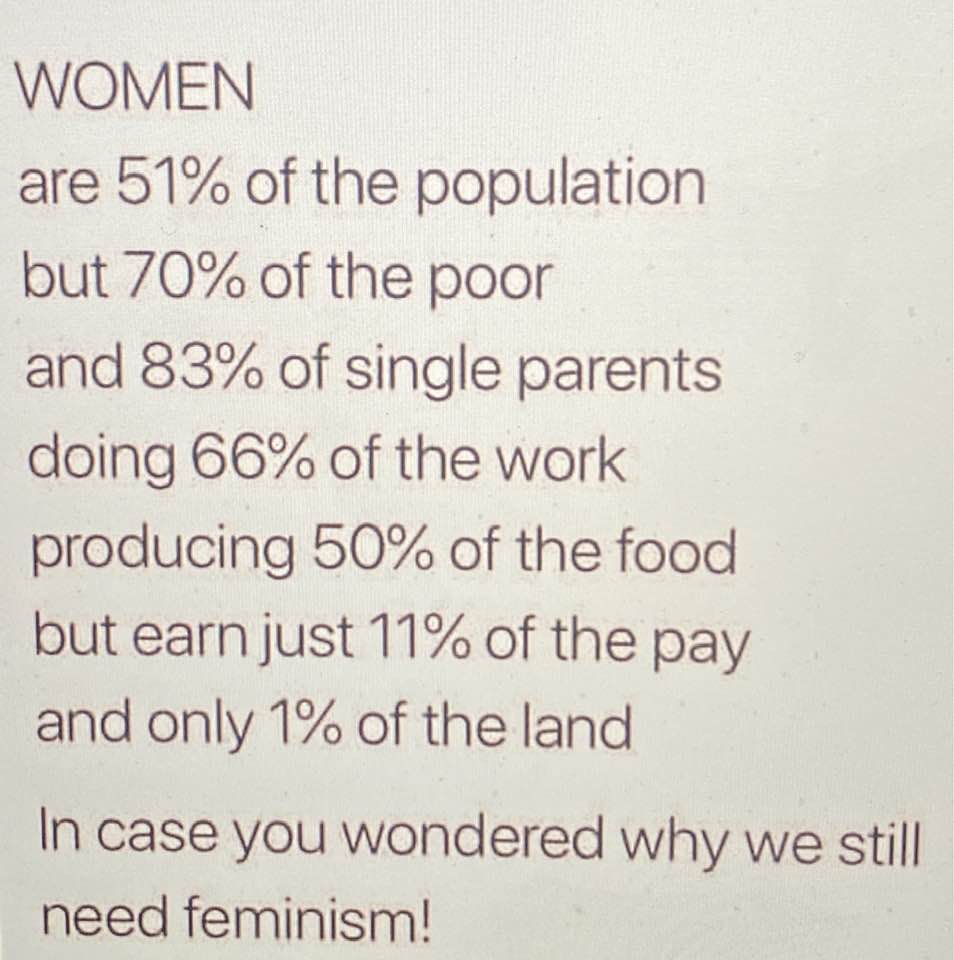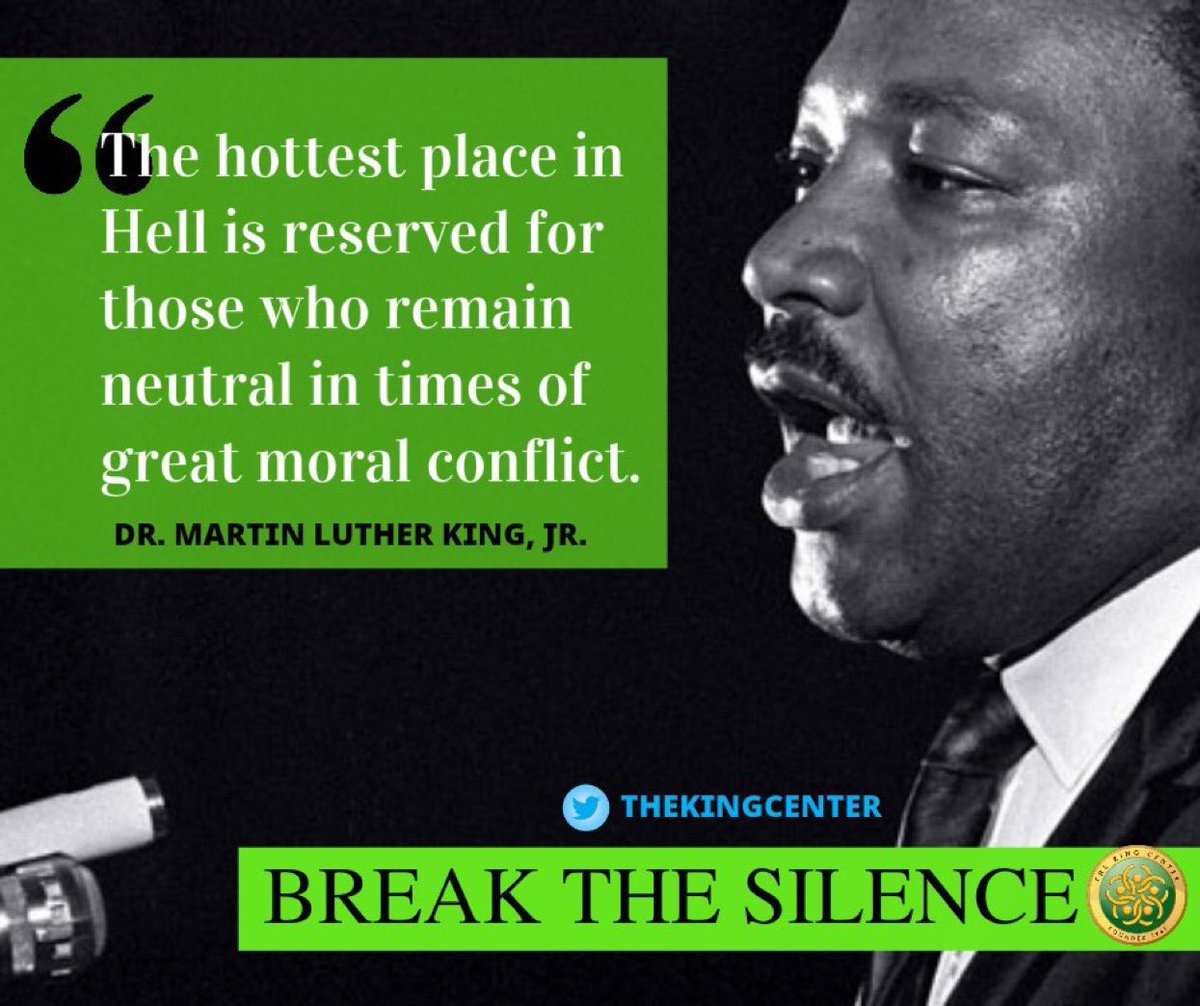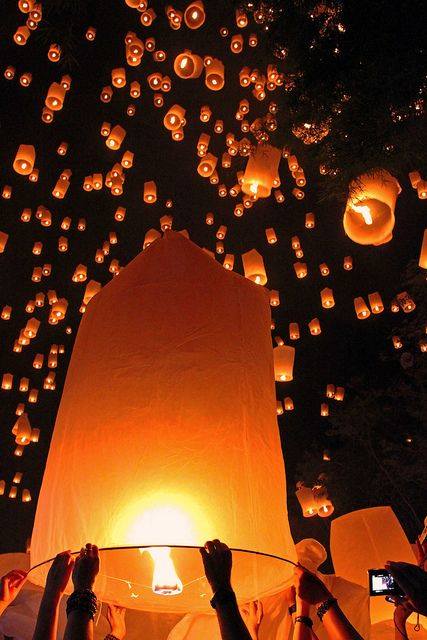Blog
Willie Love Jr. (November 4, 1906 – August 19, 1953) was an American Delta bluespianist. He is best known for his association with and accompaniment of Sonny Boy Williamson II.
Love was born in Duncan, Mississippi. In 1942, he met Sonny Boy Williamson II in Greenville, Mississippi. They played regularly together at juke joints throughout the Mississippi Delta. Love was influenced by the piano playing of Leroy Carr and was adept at both standard blues and boogie-woogie styling.
In 1947 Charley Booker moved to Greenville, where he worked with Love. Two years later, Oliver Sain also relocated to Greenville to join his stepfather, Love, as the drummer in a band fronted by Williamson. When Williamson recorded for Trumpet Records in March 1951, Love played the piano on the recordings. Trumpet’s owner, Lillian McMurray, had Love return the following month and again in July 1951, when he recorded his best-known song, “Everybody’s Fishing”, which he wrote. Love played piano and sang, with guitar accompaniment by Elmore James and Joe Willie Wilkins. His backing band was known as the Three Aces. A studio session in December 1951 had Love backed by Little Milton (guitar), T.J. Green (fiddle), and Junior Blackman (drums). In his teenage years, Eddie Shaw played tenor saxophone with both Milton and Love.
more...This Hubble Picture of the week features NGC 1672, a barred spiral galaxy located 49 million light-years from Earth in the constellation Dorado. This galaxy is a multi-talented light show, showing off an impressive array of different celestial lights. Like any spiral galaxy, its disc is filled with billions of shining stars that give it a beautiful glow. Along its two large arms, bubbles of hydrogen gas are made to shine a striking red light by the powerful radiation of newly-forming stars within. Near to the centre lie some particularly spectacular stars; newly-formed and extremely hot, they are embedded in a ring of hot gas and are emitting powerful X-rays. And in the very centre sits an even more brilliant source of X-rays, an active galactic nucleus created by the heated accretion disc around NGC 1672’s supermassive black hole; this makes NGC 1672 a Seyfert galaxy.
But a highlight of this image is the most fleeting and temporary of these lights: supernova SN 2017GAX, visible in just one of the six Hubble images that make up this composite image. This was a Type I supernova caused by the core-collapse and subsequent explosion of a giant star, going from invisibility to a new light in the sky in just a matter of days. In that image from later that year, the supernova is already fading, and so is only just visible here as a small green dot, just below the crook of the spiral arm on the right side. In fact this was on purpose, as astronomers wanted to look for any companion star that the supernova progenitor may have had — something impossible to spot beside a live supernova! For a closer look at the supernova’s appearance, you can compare the two images with this slider tool.
Recently, NGC 1672 was also among a crop of galaxies imaged with the NASA/ESA/CSA James Webb Space Telescope, showing the ring of gas and the structure of dust in its spiral arms. A Hubble image was also released previously in 2007.
[Image Description: A spiral galaxy with an oval-shaped disc. Two large arms curve out away from the ends of the disc. The arms are traced by bright pink patches where stars are forming and by dark reddish threads of dust. The core is very bright and star-filled. Some large stars appear in front of the galaxy. Directly under the point where the right arm joins the disc, a fading supernova is visible as a green dot.]
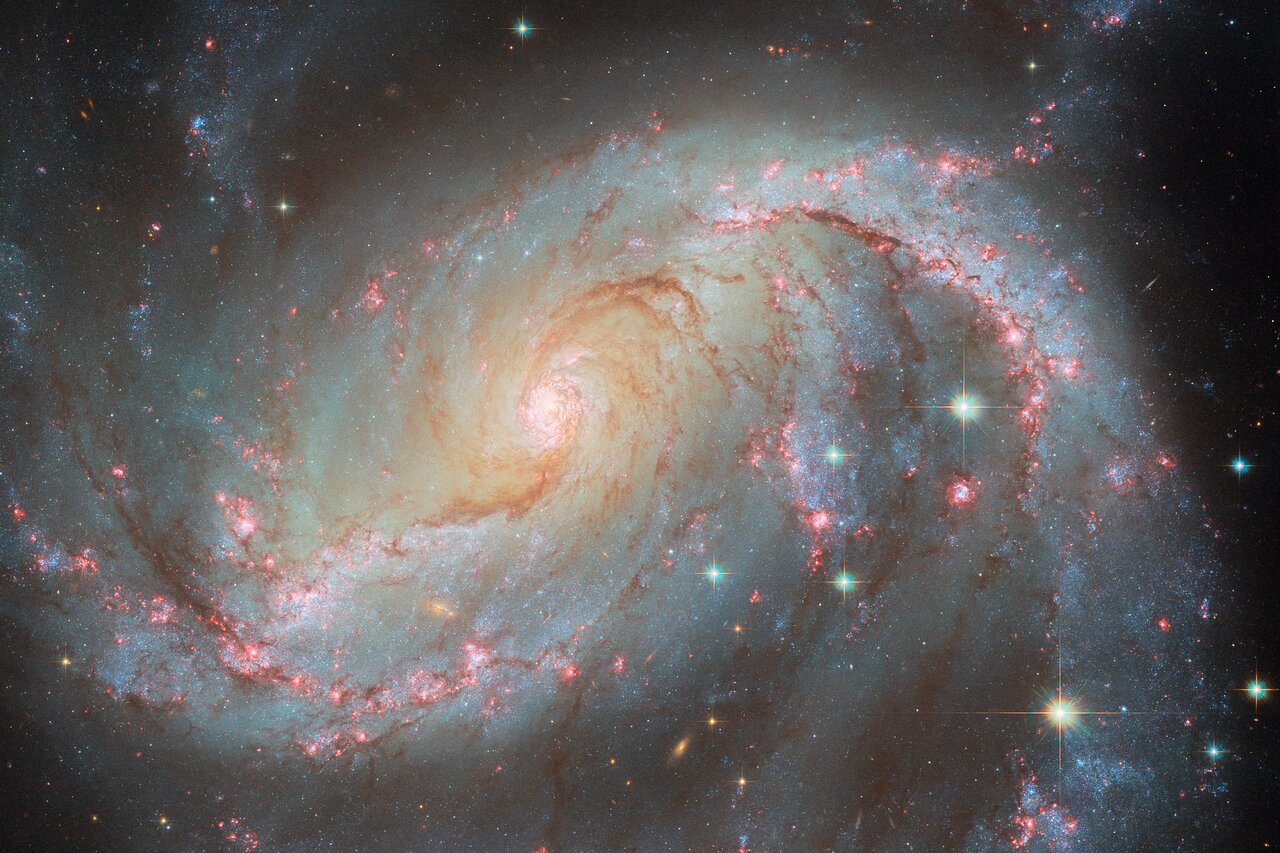
Jeffrey H. Lorber (born November 4, 1952 Philadelphia, PA ) is an American keyboardist, composer, and record producer. After six previous nominations, Lorber won his first Grammy Award on January 28, 2018 for Best Contemporary Instrumental Album for Prototype by his band the Jeff Lorber Fusion.
Many of his songs have appeared on the Weather Channel‘s Local on the 8s segments and on the channel’s compilation albums, The Weather Channel Presents: The Best of Smooth Jazz and The Weather Channel Presents: Smooth Jazz II. He was nominated for a Grammy Award for his album He Had a Hat (Blue Note, 2007).
more...
Quincy Jones, a titan of American entertainment who worked with stars from Frank Sinatra to Michael Jackson and Will Smith, has died aged 91. Jones’ publicist, Arnold Robinson, said he died on Sunday night at his home in the Bel Air section of Los Angeles, surrounded by his family.
“Tonight, with full but broken hearts, we must share the news of our father and brother Quincy Jones’ passing,” the family said in a statement. “And although this is an incredible loss for our family, we celebrate the great life that he lived and know there will never be another like him.”
Jones was arguably the most versatile pop cultural figure of the 20th century, perhaps best known for producing the albums Off the Wall, Thriller and Bad for Michael Jackson in the 1980s, which made the singer the biggest pop star of all time. Jones also produced music for Sinatra, Aretha Franklin, Donna Summer and many others.
Quincy Delight Jones Jr. (March 14, 1933 – November 3, 2024 Chicago) was an American record producer, songwriter, composer, arranger, and producer. His career spanned 70 years, with 28 Grammy Awards won out of 80 nominations, and a Grammy Legend Award in 1992.
Jones came to prominence in the 1950s as a jazz arranger and conductor before working on pop music and film scores. He moved easily between genres, producing pop hit records for Lesley Gore in the early 1960s (including “It’s My Party“) and serving as an arranger and conductor for several collaborations between the jazz artists Frank Sinatra and Count Basie. In 1968, Jones became the first African American to be nominated for an Academy Award for Best Original Song for “The Eyes of Love” from the film Banning. Jones was also nominated for an Academy Award for Best Original Score for his work on the 1967 film In Cold Blood, making him the first African American to be nominated twice in the same year. Jones produced three of the most successful albums by pop star Michael Jackson: Off the Wall (1979), Thriller (1982), and Bad(1987). In 1985, Jones produced and conducted the charity song “We Are the World“, which raised funds for victims of famine in Ethiopia.
In 1971, Jones became the first African American to be the musical director and conductor of the Academy Awards. In 1995, he was the first African American to receive the academy’s Jean Hersholt Humanitarian Award. He is tied with sound designer Willie D. Burton as the second most Oscar-nominated African American, with seven nominations each. In 2013, Jones was inducted into the Rock & Roll Hall of Fame in the Ahmet Ertegun Award category. He was named one of the most influential jazz musicians of the 20th century by Time.
more...
Lawrence Benjamin Bunker (November 4, 1928 – March 8, 2005 Long Beach, CA) was an American jazz drummer, vibraphonist, and percussionist. A member of the Bill Evans Trio in the mid-1960s, he also played timpani with the Los Angeles Philharmonic orchestra.
A dependable and in-demand studio drummer and vibist, Bunker achieved particular distinction by recording with Billie Holiday, Ella Fitzgerald, Peggy Lee, Diana Krall, and many other jazz greats. In 1952, he was the drummer in one of Art Pepper‘s first groups. In 1953 and 1954, Bunker played drums in some of the earliest of Gerry Mulligan‘s groups. From 1963 to 1965, he was, intermittently, the drummer in the Bill Evans trio. His work in movie soundtracks spanned over fifty years, from Stalag 17 (1953) and Glengarry Glen Ross (1992) to The Incredibles (2004), and included soundtracks by John Williams, Henry Mancini, Quincy Jones, Miklós Rózsa, Jerry Goldsmith, Johnny Mandel, Lalo Schifrin and many other composers.
Bunker died of complications of a stroke in Los Angeles at age 76.
more...Carlos Valdés Galán (November 4, 1926 – December 4, 2007), better known as Patato, was a Cuban conga player. In 1954, he emigrated from La Habana to New York City where he continued his prolific career as a sideman for several jazz and Latin music ensembles, and occasionally as a bandleader. He contributed to the development of the tunable conga drum which revolutionized the use of the instrument in the US. His experimental descarga albums recorded for Latin Percussion are considered the counterpart to the commercial salsa boom of the 1970s. Tito Puenteonce called him “the greatest conguero alive today”.
more...During one pass of NASA’s Juno over Jupiter, the robotic spacecraft imaged an usually dark cloud feature informally dubbed the Abyss. Surrounding cloud patterns show the Abyss to be at the center of a vortex. Since dark features on Jupiter’s atmosphere tend to run deeper than light features, the Abyss may really be the deep hole that it appears — but without more evidence that remains conjecture. The Abyss is surrounded by a complex of meandering clouds and other swirling storm systems, some of which are topped by light colored, high-altitude clouds. The featured image was captured in 2019 while Juno passed only about 15,000 kilometers above Jupiter’s cloud tops. The next close pass of Juno near Jupiter will be in about three weeks.
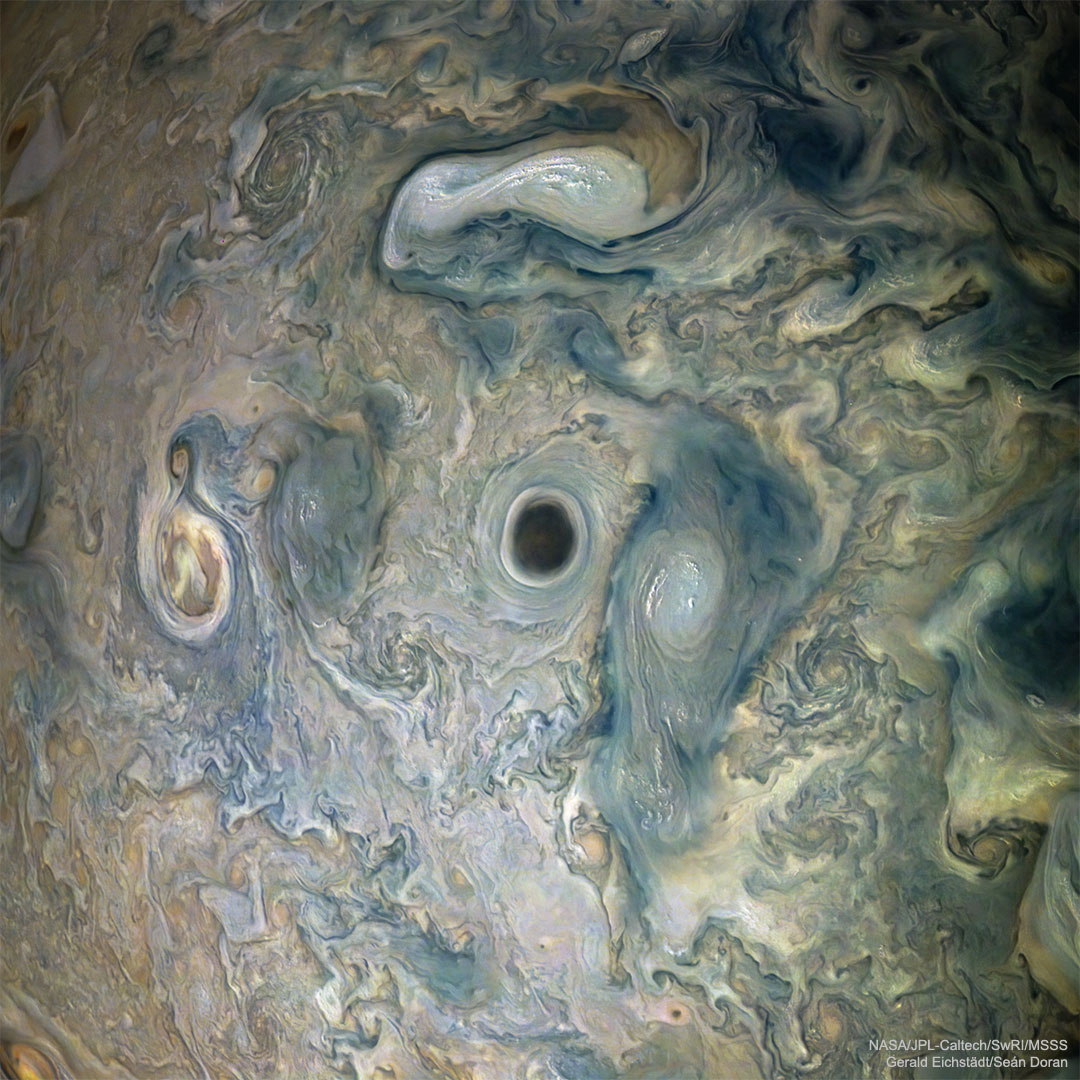
Herbert Jansch (3 November 1943 – 5 October 2011) was a Scottish folk musicianand founding member of the band Pentangle. He was born in Glasgow and came to prominence in London in the 1960s as an acoustic guitarist and singer-songwriter. He recorded more than 28 albums and toured extensively from the 1960s to the 21st century.
Jansch was a leading figure in the 1960s British folk revival, touring folk clubs and recording several solo albums, as well as collaborating with other musicians such as John Renbourn and Anne Briggs. In 1968, he co-founded the band Pentangle, touring and recording with them until their break-up in 1972. He then took a few years’ break from music, returning in the late 1970s to work on a series of projects with other musicians. He joined a reformed Pentangle in the early 1980s and remained with them as they evolved through various changes of personnel until 1995. Until his death, Jansch continued to work as a solo artist.
Jansch’s work influenced many artists, especially Jimmy Page, Mike Oldfield, Paul Simon, Pete Hawkes, Nick Drake, Donovan, Neil Young, and Johnny Marr. He received two Lifetime Achievement Awards at the BBC Folk Awards: one, in 2001, for his solo achievements and the other, in 2007, as a member of Pentangle.
more...Mable John (November 3, 1930 – August 25, 2022) was an American blues vocalist and was the first female artist signed by Berry Gordy to Motown‘s Tamla label.
John was born in Bastrop, Louisiana, on November 3, 1930, the eldest of at least nine siblings. At a very young age, she and her parents, Mertis and Lillie (Robinson) John, moved north into Arkansas, where her father got a job in a paper mill near Cullendale, where four of her brothers (including R&B singer Little Willie John) and two sisters were born. In 1960, she released her first Tamla single, “Who Wouldn’t Love a Man Like That?,” a romantic blues number, to no success. John followed with “No Love” in June of that year and then with “Actions Speak Louder Than Words” by year’s end. While Motown was beginning to have success with acts like the Miracles and the Marvelettes (and later Martha & the Vandellas and the Supremes, both of whom had sung background vocals for John) that appealed to teenagers and young adults, it was making no impact in the established blues market. As a result, Gordy soon thinned out his roster of early blues artists. While John continued to be used as a background singer, Gordy dissolved her contract in 1962.
more...Joseph H. Turner (November 3, 1907 – July 21, 1990) was an American jazz pianist.
One of the masters of the stride piano style associated with Harlem, New York City, Turner gained his first big musical break in 1928 when he was hired for the Benny Carter Orchestra. Another break was his work accompanying Adelaide Hall, sometimes alongside Art Tatum, in the early 1930s. He also played with Louis Armstrong. After World War II, he settled in Europe, living in Paris from 1962, appeared regularly on French national television and released over a dozen albums. He played at La Calavodos, a nightclub situated near the Champs Elysees until his death from a heart attack in 1990, at the age of 82.
more...Blown by the wind from a star, this tantalizing, head-like apparition is cataloged as NGC 7635, but known simply as the Bubble Nebula. The featured striking view utilizes a long exposure to reveal the intricate details of this cosmic bubble and its environment. Although it looks delicate, the 10 light-year diameter bubble offers evidence of violent processes at work. Seen here above and right of the Bubble‘s center, a bright hot star is embedded in the nebula’s reflecting dust. A fierce stellar wind and intense radiation from the star, which likely has a mass 10 to 20 times that of the Sun, has blasted out the structure of glowing gas against denser material in a surrounding molecular cloud. The intriguing Bubble Nebula lies a mere 11,000 light-years away toward the boastful constellation Cassiopeia.
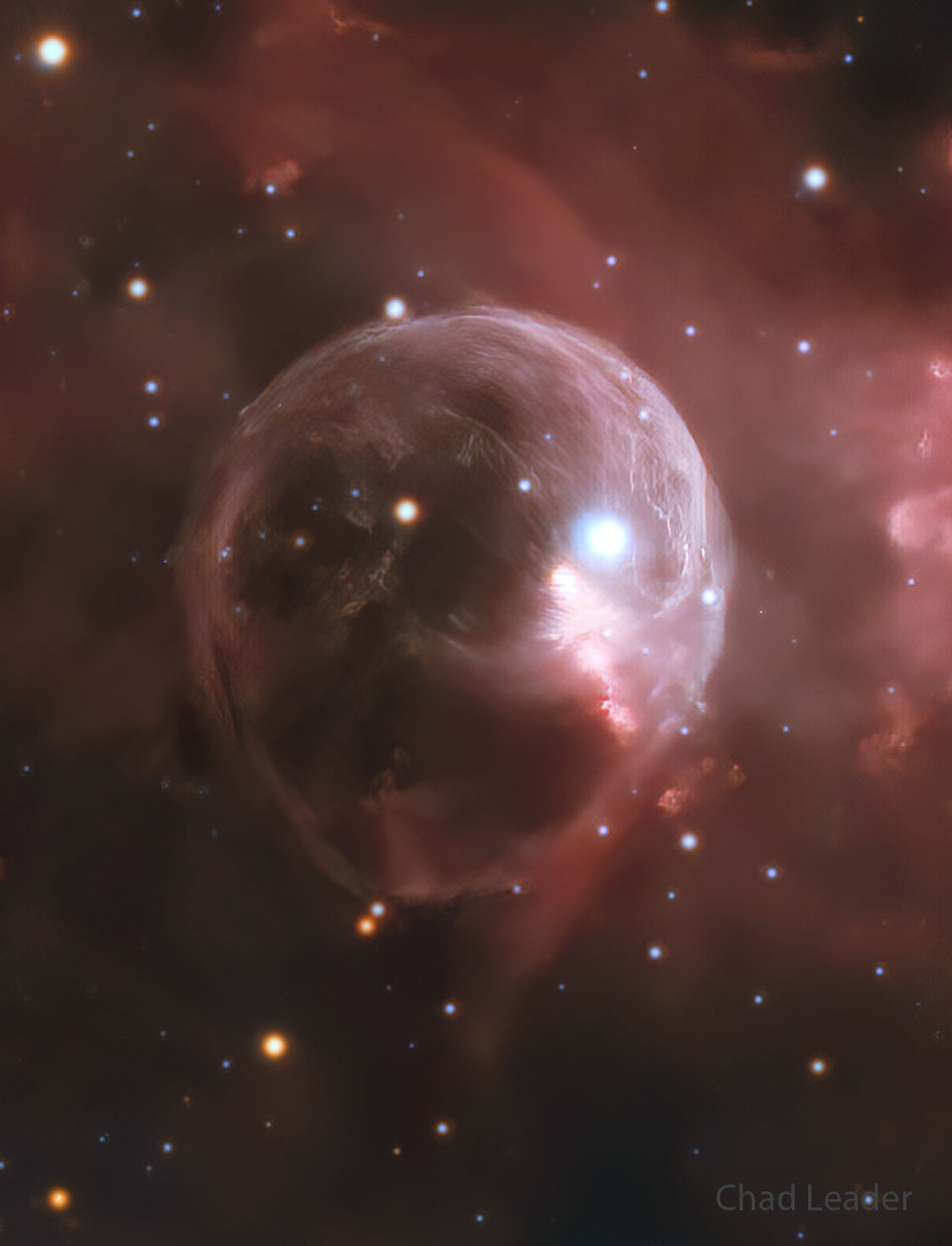
More Posts
- Don Cherry
- Compay Segundo
- World Music Oriental Brothers International Band
- Daily Roots Prince Jammy
- Oscar Wilde Insight
- Hegelian Dialectic
- Jack Owens
- Gene Clark
- Cosmos LDN 1471
- Gordon Lightfoot
- Imrat Khan
- David Amram
- Jimmy DeBerry
- World Music Tulegur
- Daily Roots Johnny Osbourne
- Critical Thinking & Empathy
- Ed Thigpen
- Cosmos Comet Tsuchinshan-Atlas
- Sammy Figueroa
- Teenie Hodges
